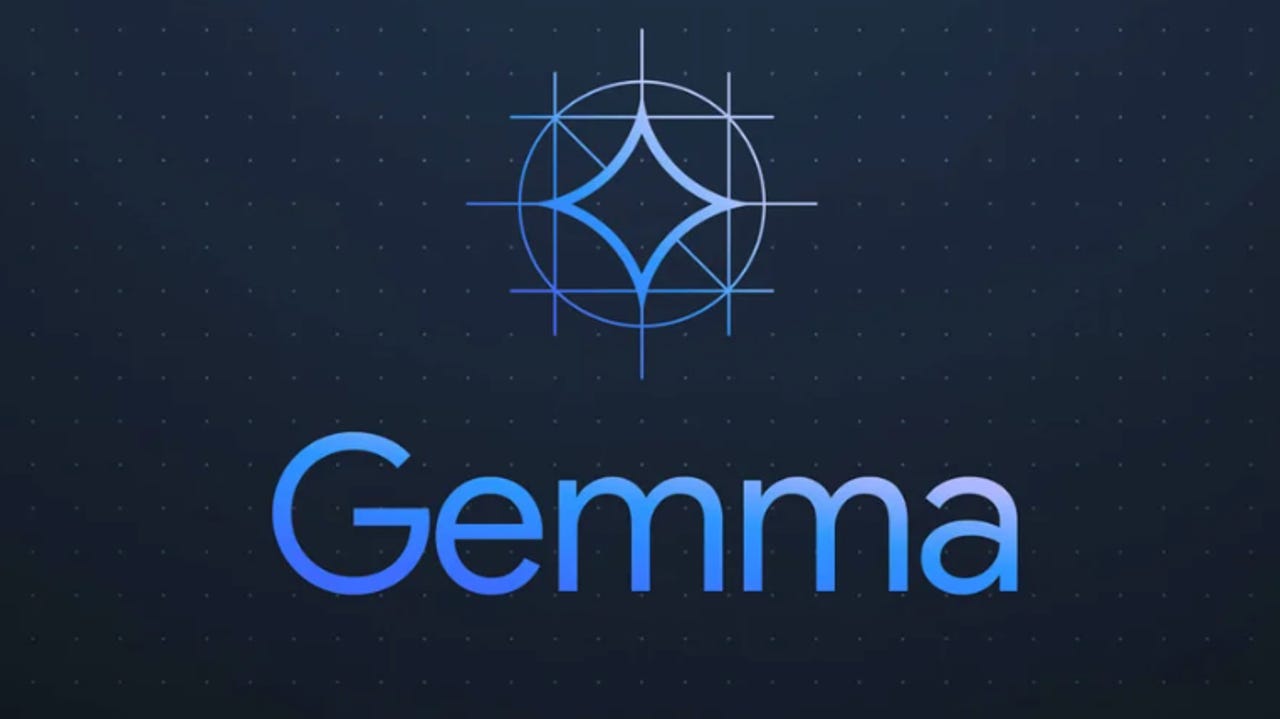
Just when you thought Google might slow down its pace of AI releases, the company has another trick up its sleeve. For the third time this month, Google shared notable artificial intelligence news, this time unveiling a new AI model geared towards developers.
On Wednesday, Google unveiled Gemma, a family of lightweight, open models developed by DeepMind and other teams across Google that are charged with AI development and research.
Introducing Gemma: a family of lightweight, state-of-the-art open models for developers and researchers to build with AI. 🌐
We’re also releasing tools to support innovation and collaboration – as well as to guide responsible use.
Get started now. → https://t.co/nsoFqfHffY pic.twitter.com/PRNIndgU4S— Google DeepMind (@GoogleDeepMind) February 21, 2024
If the name seems like a spinoff of Gemini, Google’s most advanced AI model, that’s because it was intentional. Gemma, Latin for “precious stone,” was built from the same research and technology used to create the Gemini models.
Google released Gemma in two model weight sizes, Gemma 2B and Gemma 7B, each with pre-trained and instruction-tuned variants that can run on a laptop, workstation, or in the Google Cloud.
Also: 6 ways ChatGPT can make your everyday life easier
According to Google, the Gemma models proved very capable for their sizes, outperforming larger open models, such as Meta’s Llama-2, on key benchmarks for reasoning, math, and code, as seen in the image below.
The models also come with Google’s new Responsible Generative AI toolkit, which provides interested users with best practices resources for encouraging the responsible use of open models like Gemma.
It is worth highlighting that Gemma is an “open model” and not “open-sourced” — and that minor terminology variant refers to a rather significant difference. With open-source models, users have full creative autonomy, with no restrictions.
To mitigate potential misuse, Google made Gemma an open model whose terms and conditions make the models freely available for access, redistribution, and model variant creation and publishing. However, Google also implements limitations.
“In using Gemma models, developers agree to avoid harmful uses, reflecting our commitment to developing AI responsibly while increasing access to this technology,’ said Google in a blog post.
Also: A smartphone without apps? This AI assistant aims to replace them all
Google implemented other safeguards in Gemma to ensure safe and reliable usage, including automated techniques to screen out personal information and sensitive data from training sets, reinforcement learning from human feedback (RLHF) to ensure that the models behave responsibly, and robust model evaluations.
Gemma is available today via free access in Kaggle, a free tier for Colab notebooks, and $300 in credits for first-time Google Cloud users, according to the release.
Artificial Intelligence



